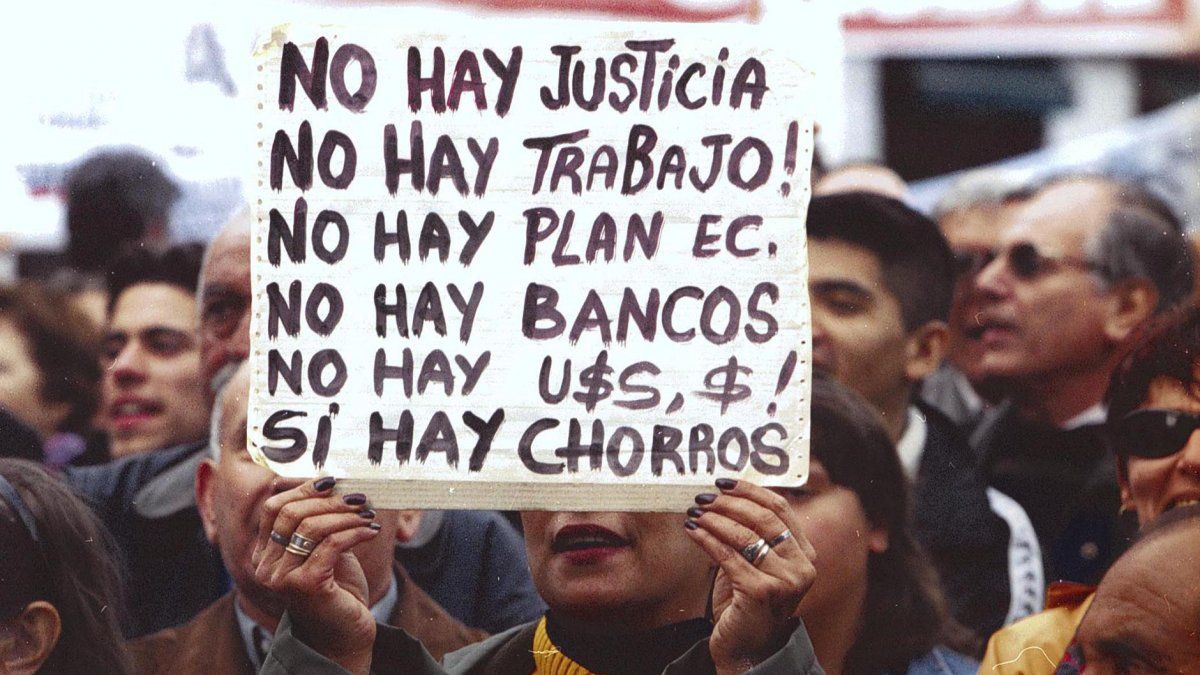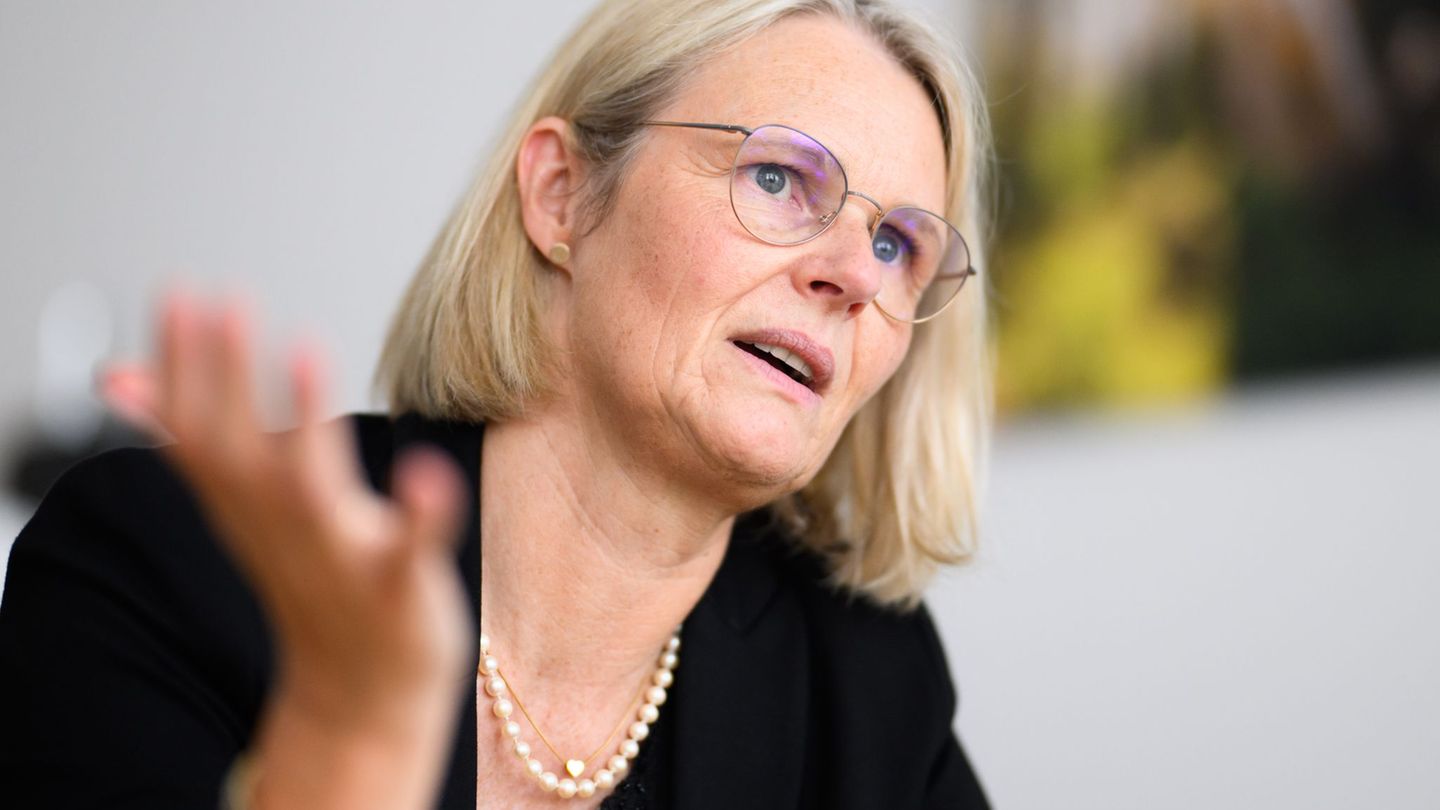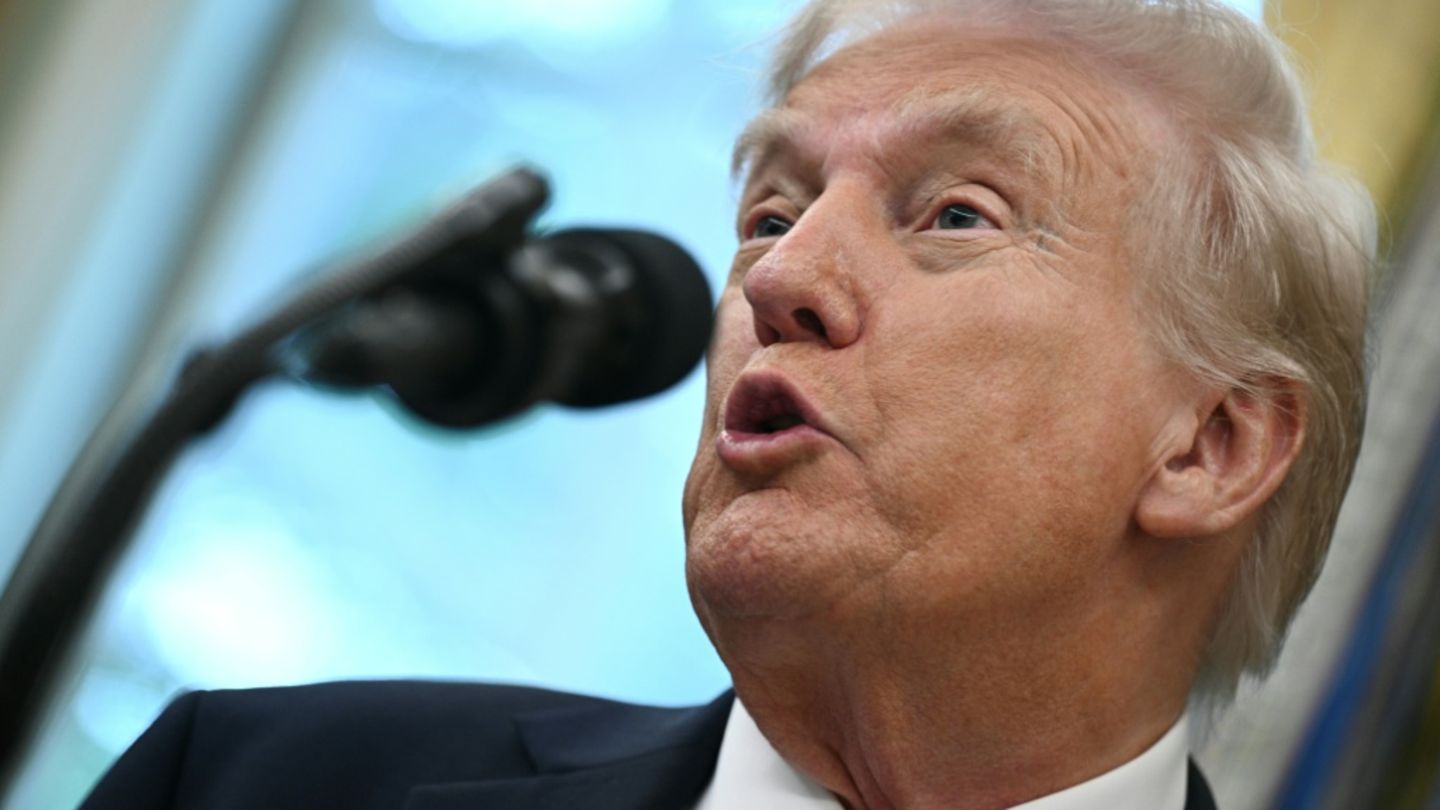Blood has flowed and there have been deaths.. Since May 2000, any moderately trained social scientist or political analyst could have warned before the tragedy. And, any responsible politician should have noticed it. No one exposed it so directly at that time, although it was not difficult to guess what was going to happen with a government that proposed “more prepo neoliberalism”, and had 19 months of growing social protest..
December marked the 21st anniversary of the repression ordered by the government of the then president Fernando De la Ruathat ended with 39 deaths and 500 injuries throughout the country. The Argentina of “fit to sticks” was visible during the frantic succession of 5 presidents in just 11 days: De la Rúa, Ramón Puerta, Adolfo Rodríguez Saá, Eduardo Camaño and Eduardo Duhalde.
January 2002 began with total unease, the possibility of a “civil war” had been appointed by the president eduardo duhalde and by the former Provisional President Ramon Gate the first days. The State Department of the The United States described Argentina as a “risk country for North American tourists”. The alternative that the crisis could lead to a “military coup” was warned in a document from the European Union released in the third week of January 2022.
Added to this were statements by Mohamed Ali Seineldin from his place of detention in Campo de Mayo, denouncing the existence of a CIA-sponsored coup and Elisa Carrió’s statements, arguing that these statements had overtones of credibility (Rosendo Fraga, Carteco, March, 2002).
Today nobody represents the “anger” of the people. In the first instance, the social protest is radicalizing and seems to be closer to the left than to the right. The thing is an anarchic feeling appears, contrary to order which is a core value of the rights. But the evolution of events can swing the pendulum that today seems closer to the left, in the opposite direction. (Ibid)
Fernando De la Rua He took office on December 10, 1999, shortly after the beginning of the new century, and had to leave his position a little over two years later, on December 20, 2001.
That brief but fast-paced government had an enormous impact on recent Argentine history. De la Rúa abandoned ship in the midst of an unprecedented crisis, which had an enormous social cost: from the freezing of deposits, geometric increase in poverty and unemployment, huge income losses and transfers from the poorest to the richestwhile it was happening. The months that followed millions of victims of the devaluation. An experience that should not be repeated in our country.
In the dynamics of that collapse of a government there was a dimension that should be studied in more depth, which is the role played by the community of economic experts. Economists had been the true architects and carriers of the dominant ideology during those years, now they return as political candidates. In that community of experts there was and still is a widespread, hegemonic and immovable consensus on the economic policies that Argentina should adopt.
Financial dominance over politics had a lot to do with these key individuals of that period. And it was not a phenomenon confined to Argentina. The decade of the 90s, characterized by the Washington Consensus and neoliberal economic reforms in several countries around the world, it was the decade of technocratic politicians. Or technopols, as Jorge Domínguez (1997) called them. AND the key Argentine technopol was Domingo Cavallo, who today returns behind the discipleship and the Foundation that catapulted him to fame. This economist with a doctorate from Harvard University and one of the best-known professionals in Argentine economic sciences, was fundamental in that community of experts, and in the new transmuted preachers.
The technocracy or “government of the technicians”, defined by Robert Putnam, are characterized by certain beliefs and convictions. Technocrats believe that technique and rational planning should replace the politics of bargaining, support, and concessions.. They believe that progress or the good sought is achieved through depoliticization, and they mistrust the values, ideologies, and logic of party politics.. The State, in the technocratic mentality, is an implementer of public policies that must be placed “above” social interests.
The Argentine case (2001) showed the limits of technocratic politicians and their arch-failed policies. The absence of a political support base for economic policy decisions weakens governments, and leads to collapse. Thus, in Argentina a trend was verified indicating that in countries that had applied neoliberal policies emerging from the Washington Consensus, and incurred financial crises, already on the brink of cessation of payments, the fall of the government was almost inevitable. (Ecuador, Indonesia, Malaysia, etc.) given the impossibility of managing its consequences.
After the 2001 tragedy, the solution to the crisis did not come from technocracy but from the reconstitution of politics and its institutions.
The question that must be answered is: why repeatedly, in a context of economic vulnerability, can someone believe that the same ideas of “technocracy and sticks” can build the way out? – Twenty-one years after 2001, “the recharged technopols” return. The results and consequences of that misfortune with the same actors and other similar ones, institutions and people.
There are many colleagues who fear that in less than a year of attempts to “prepo neoliberalism”, a major social outbreak occurs and the new government falls. Remember, an Argentine government has never worn itself out so much in just two years of management as that of Fernando de la Rua. When resigning, the positive image who had won in the first round, and had enormous previous prestige, it was only 4%.
Source: Ambito
David William is a talented author who has made a name for himself in the world of writing. He is a professional author who writes on a wide range of topics, from general interest to opinion news. David is currently working as a writer at 24 hours worlds where he brings his unique perspective and in-depth research to his articles, making them both informative and engaging.




